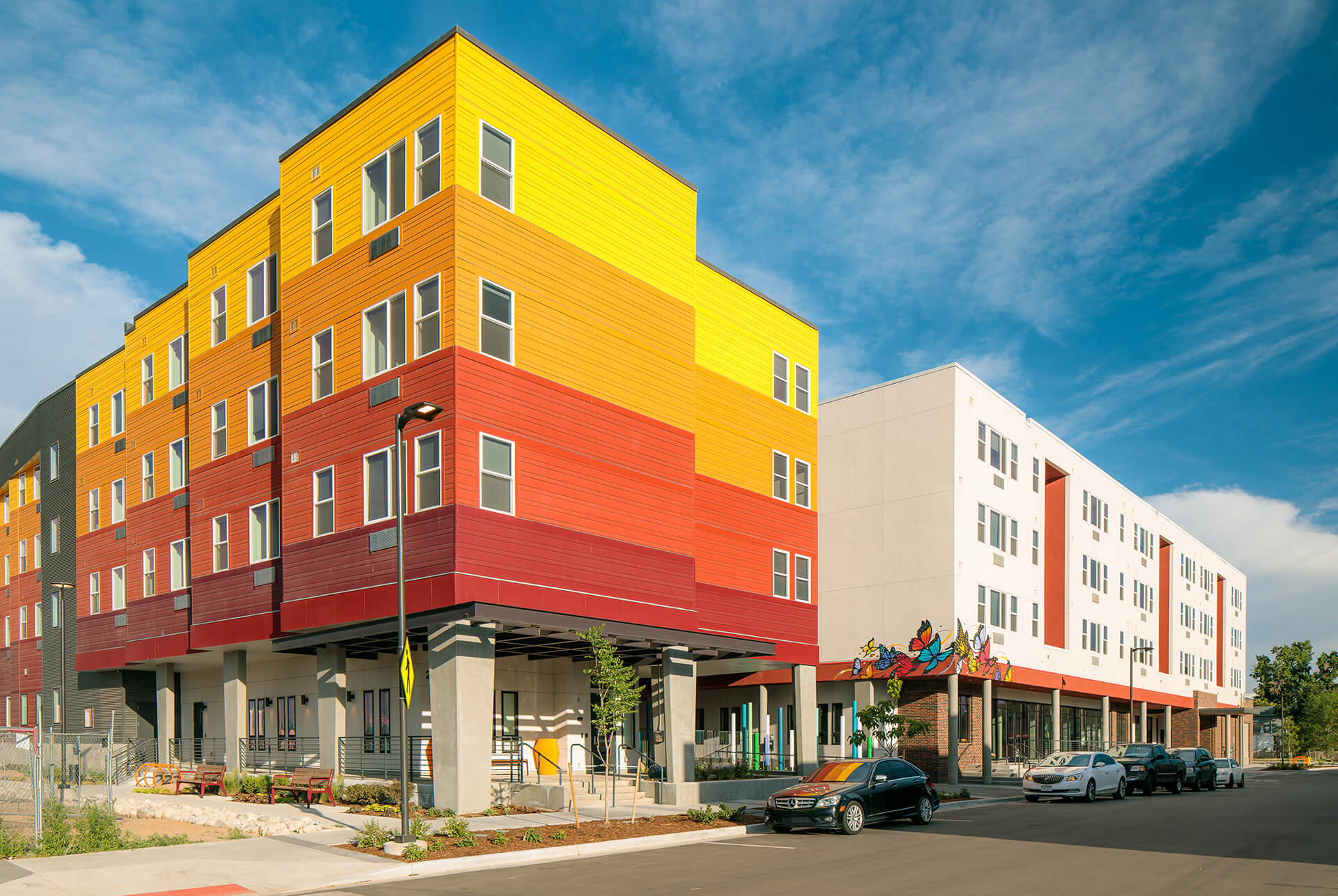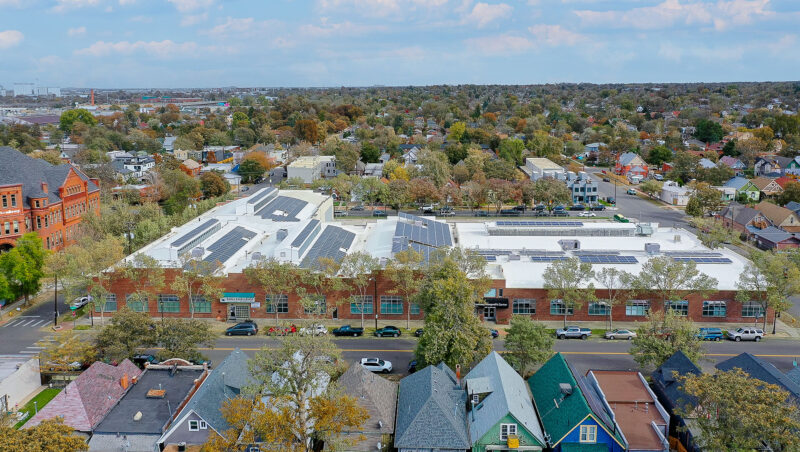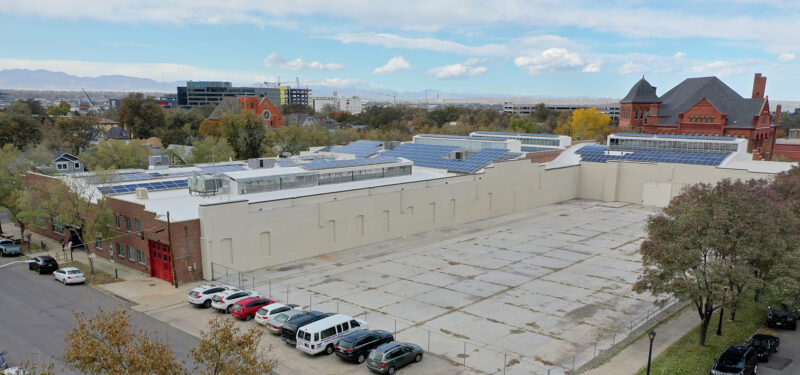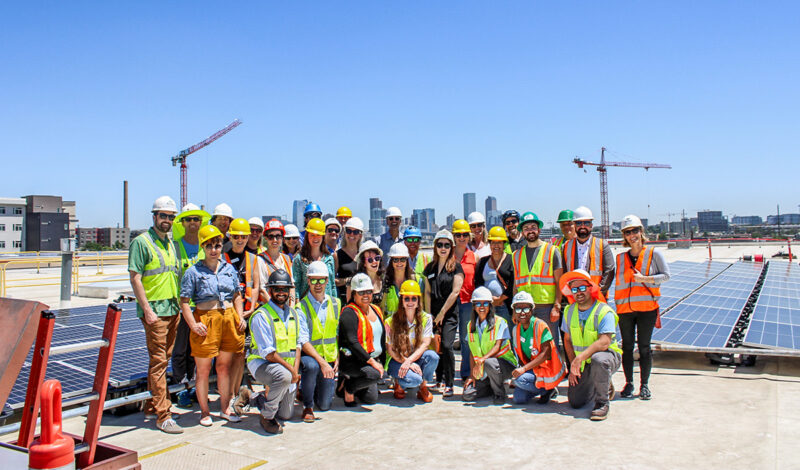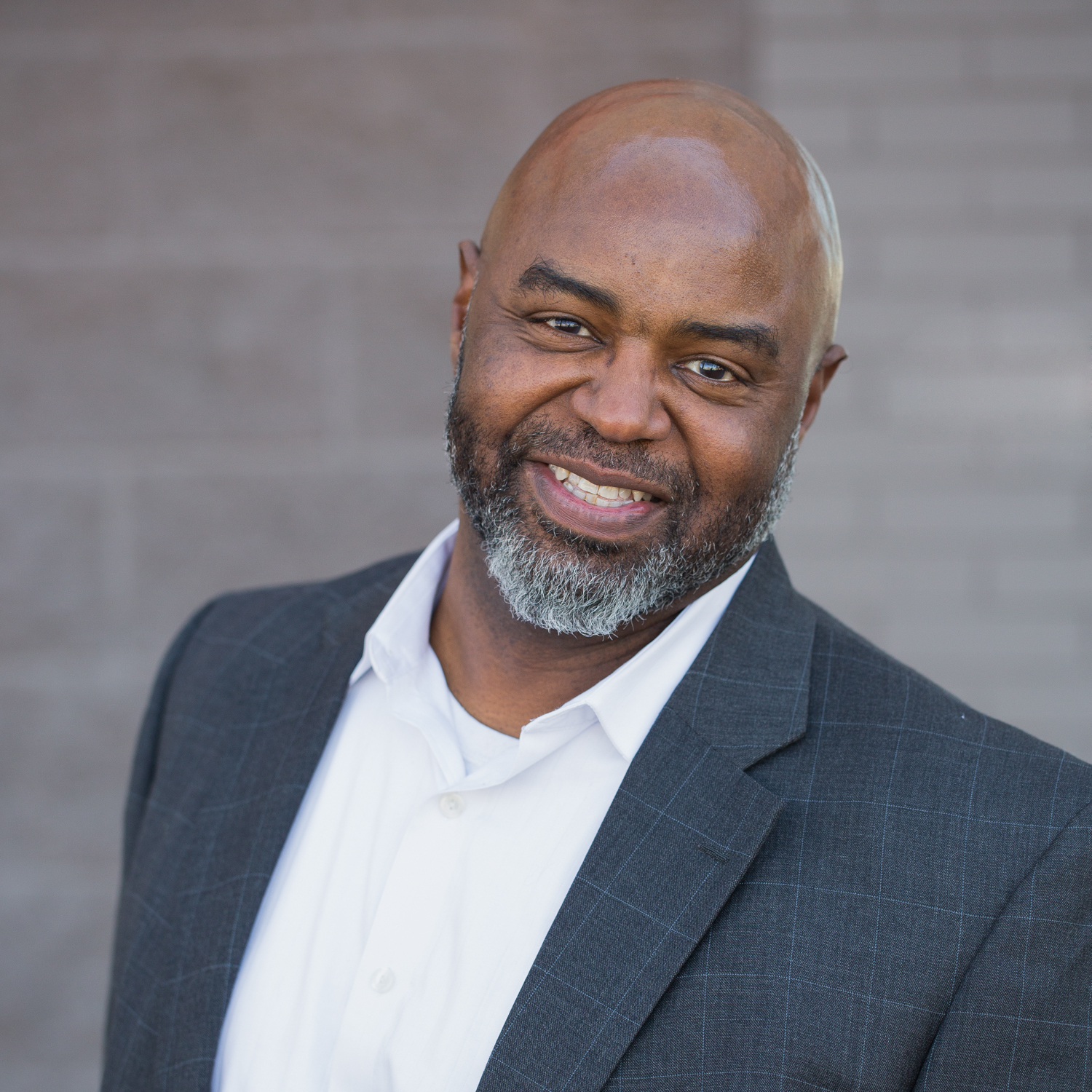
Dear Friends,
I believe that access to housing is a fundamental human right. As the Vice President of Real Estate, I work every day to make affordable residential and commercial options available throughout the region. As a Black man, however, I recognize that my basic right for personal security, while constitutional, is not observed by all. As we collectively watch stories of individuals like George Floyd, Breonna Taylor, Ahmaud Arbery, and Elijah McClain play out on national news and social media, it may seem to some that these are instances unfolding in distant places to people who are probably responsible for the treatment they are receiving. If you are African American, you understand that not to be the case. Very few Black men that I know have not experienced, first hand, at least one racially motivated encounter with law enforcement—myself included.
I am of the firm belief that there are deep, structural issues with policing and law enforcement in our country, and it doesn’t matter about your age, level of education, or profession. Think for a moment about the microcosm of my office building—I would estimate that about four Black men work full time at our 1600 Downing property, where ULC is housed. Three of the four of these men (including myself) have had physical altercations with law enforcement (or vigilantes). When you add in the son of a ULC colleague, that brings the number to four, which seems higher than average. The truth is, these “odds” are the norm.
My encounter happened two summers ago while coaching a 9-10-year-old youth baseball team through Denver Parks and Recreation leagues. What started as an overly zealous Manual High School campus security guard attempting to give a fellow coach, John, a ticket for expired tags on his license, ended with the guard attacking John from behind while the players, their parents, and little brothers and sisters looked on in shock.
While approaching the scene with hopes of diffusing the situation—and never getting closer than 6-8 feet away—I was sprayed squarely in the face with pepper spray by the guard. The incident ended with five DPD squad cars and three campus security cars on-site with John on his stomach having a knee aggressively pressed in his back while his face was being forced into the pavement by a DPD officer. All the while, kids cried in terror, my two sons among them, and parents yelled for this insanity to end.
You may have guessed already, but John is also Black, and the campus security guard was a White resident of Castle Rock, who drove in daily to keep order in one of Denver’s historically Black neighborhoods. It didn’t occur to me until much later, but instead of reaching for his pepper spray, the guard could have just as easily reached for the handgun on his side, viewing me as a “threat to his life,” and I could have become a different type of statistic altogether.

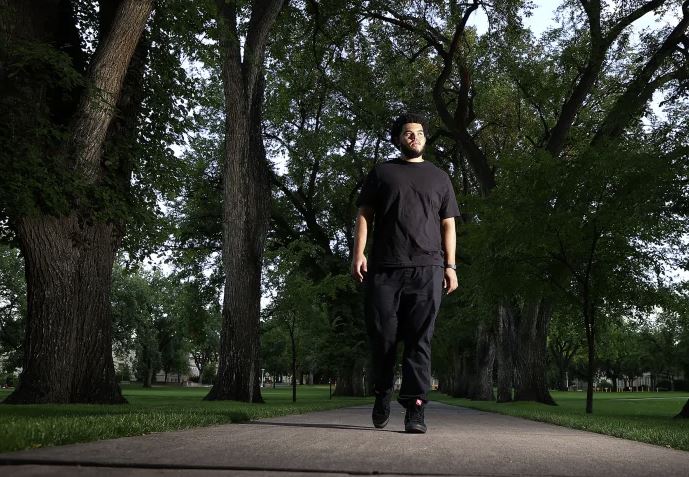
My co-worker Shannon Luedke’s son Barry (pictured left), a junior and two-year starter and left tackle for Colorado State University’s football team, had a far more chilling experience. While walking door-to-door selling roofing replacements as a summer job this past June, Barry was accused of being “Antifa” and then attacked by a former police officer, who placed a knee on Barry’s neck, held a gun to his head, and threatened his life. Barry’s story was shared on 9News and published in Sports Illustrated and other national news outlets.
A final, close-to-home story is of Alex Landau, who leads the Denver Justice Project here at 1600 Downing. As a 19-year old college student in 2009, Alex was brutally beaten by Denver police officers for merely asking to see a search warrant after he was stopped and frisked. His story also made national news.
As you see and hear stories of over-policing on the news, realize that they are happening to people you know or are not far removed from you. Barry, Alex, and I were lucky to be able to walk away from these encounters, but far too many Black men haven’t shared our luck and wind up incarcerated, or worse, dead. The documentary “13th” calls out the following harrowing statistics:
- While 1-in-17 White men will be incarcerated at some point in their life, that number is 1-in-3 for Black men;
- The United States makes up 5% of the world’s population, but the Land of the Free has 25% of the world’s imprisoned population – more than the next 10 countries combined;
- Finally, in 1970, the US had a population of 357,000 imprisoned residents. By 2014, that number had climbed to 2.3 million.
Clearly, the employed policing strategies are directly related to the need to fill beds in privatized prisons that count on Black and Brown citizens for their publicly traded profits. So maybe the system isn’t broken, but operating exactly as it was intended. Current policies are making these situations far too common and even emboldening everyday citizens to join in the fray of attacks against people of color.
There are many resources to read about the topic, including Paul Butler’s Chokehold: Policing Black Men and Michelle Alexander’s The New Jim Crow: Mass Incarceration in the Age of Colorblindness. I encourage you to read, read, read and understand the true history of policing of Black and Brown people in America. But, it does no good to know the truth and not act on it.
In Colorado, there has been some progress made. Earlier this year, in the wake of the murder of George Floyd and resulting advocacy and protests, Rep. Leslie Herod helped write a new comprehensive police reform law, SB 217. It passed in record time with bipartisan support by the State legislators and was signed into law mid-June by Governor Polis.
For me, my work allows me to develop housing and other affordable real estate options to help eliminate some of the starkest disparities. My voice and my vote allow me to advocate for dignity and justice in other ways. We all have that same power!
With the upcoming election, please know that your vote counts. Use the power of your vote to support candidates who seek to change current policing practices. Use your influence to help create anti-racists policies that end the culture of police brutality against people of color.
Sincerely,
Mark Marshall
Vice President of Real Estate
Recent Articles
